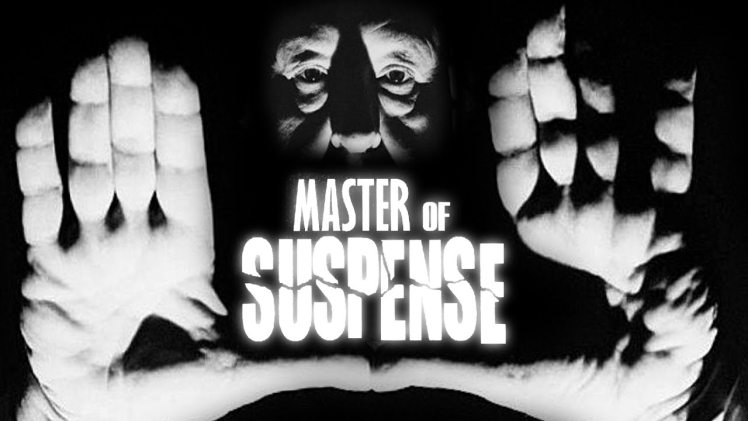Thrillers are movies that focus on the psychological or legal elements of the story. Alfred Hitchcock has written several of his films as thrillers. In this article, I’ll discuss some of his thrillers.
Alfred Hitchcock’s Thrillers
Thrillers by Alfred Hitchcock are well-known for their interesting plot, great dialogue, and unique touches. They are also remembered for their distinctive technical innovations.
Alfred Hitchcock made a lot of films, including a lot of comedy. One of his best known thrillers is Psycho. The film stars Cary Grant as the hero, who is pursued by the sinister James Mason and his cronies. It is one of the longest films that Hitchcock ever made, but the film still manages to be entertaining.
“Psycho” was not only one of the most successful thrillers of all time, but it also spawned a new cinematic genre. The film features a brisk screenplay by Ernest Lehman, as well as a Bernard Herrmann score. It contains many memorable movie scenes, but it also sometimes stretches credibility.
The film is filled with interesting characters. It has an excellent cast, and it is also very funny. Its climax involves a tennis match. It’s not quite as good as Hitchcock’s other thrillers, but it’s still a fun movie.
Alfred Hitchcock’s Legal Thrillers
Among the many celebrated directors of the 20th century, Alfred Hitchcock stands out as a master of the sinister. His films explore the modalities of innocence, the process of liminality, and the universality of guilt. Several of his movies have been characterized as the “adventures of the guilty” but he also made several films during World War II that delve into the disturbing reality of the war.
Hitchcock’s films explore the idea of public guilt and private guilt. His movies are full of psychopathic villains and a common theme was murders. In addition, his characters were often held in extreme danger. The police were usually incompetent and implicated in wrongful arrests.
A typical Hitchcock film displays a basic three-fold structure. This structure, described by Turner, is a processual scheme of ritual performances that begins with an anti-structure, a process, and a ritual.
The process of liminality is most central to Hitchcock’s films. This is the process of splitting and doubling, which conveys the ambiguity of guilt and the transference of it from one person to another.
Alfred Hitchcock’s Psychological Thrillers
Known as the “Master of Suspense”, Alfred Hitchcock is one of the most famous film directors in the world. His films are often discussed when talking about auteur directors. He’s credited with rewriting the genre and creating sustained suspense.
In addition to his work on Hollywood films, Hitchcock also made a number of films in Britain. He was a prolific director, making over 50 movies in his career. He died in 1980. He was made a Knight of the British Empire. He was a producer as well, and received a large percentage of the profits from his films.
In his film Rebecca, which he directed in 1940, Alfred Hitchcock combines the style of his suspense with a gothic thriller. The film is based on the novel of the same name by Daphne du Maurier. It features Laurence Olivier and Joan Fontaine, and won Best Picture at the 1940 Oscars.
The first of Hitchcock’s films to be shot in Technicolor was Rope, which he directed in 1948. He shot the film on a single set, and used long takes to make it seem like the film was continuous.
Alfred Hitchcock’s Action Thrillers
Known as the “Master of Suspense,” Alfred Hitchcock’s action thrillers are all-time classics. His films are often espionage thrillers, but he also made several romances. His filmography acts as a blueprint for thriller directors.
Alfred Hitchcock was a British filmmaker who started his career as an art director and title designer, before transitioning to Hollywood productions in 1940. He directed a number of films during this time, including Easy Virtue and The Manxman. He also directed Rebecca, which won the Academy Award for Best Picture. His last major film was Marnie, a pure crime thriller.
The first of his all-time classics was The 39 Steps, based on John Buchan’s 1915 adventure novel. It was a hit in its day and established Hitchcock as an expert of the thriller. It was remade with James Stewart and Doris Day in 1956.
Psycho, based on the popular novel by Marie Belloc Lowndes, is one of Hitchcock’s most popular films. The film introduced the structure and plot devices that would be used in many of his later films. The story revolves around two strangers who plan to commit the ‘perfect crime’.

